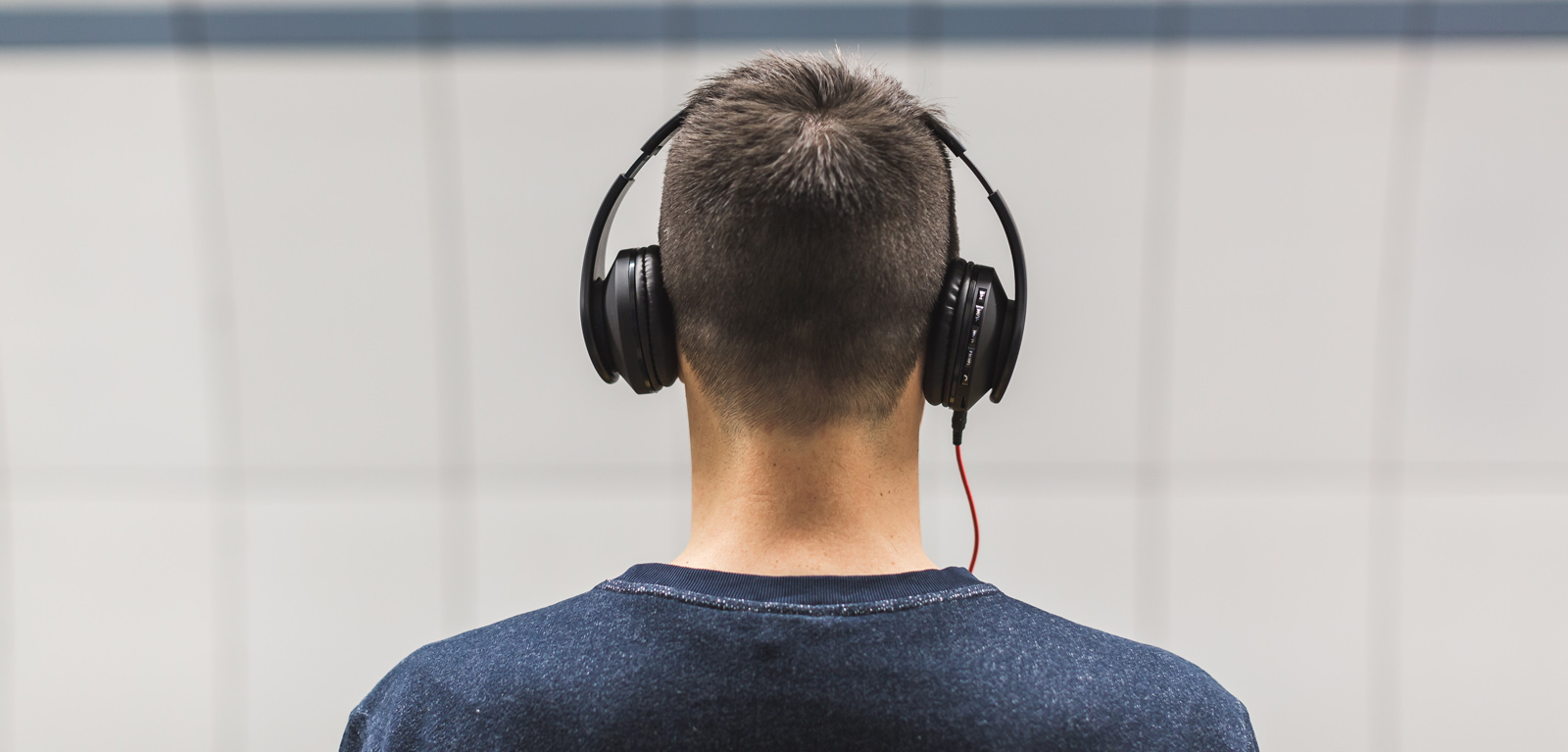Almost three-quarters of theatre freelancers pessimistic about their futures, research suggests
The impact of the COVID-19 pandemic has left nearly three-quarters of theatre freelancers feeling pessimistic about their futures, new research suggests.

The Freelancers in the Dark project is a research collaboration between Queen’s University Belfast, Manchester Metropolitan University, and East 15 Acting School at the University of Essex, who are leading the study. The research team are investigating the social, cultural, and economic consequences of the COVID-19 pandemic on independent arts workers across England, Scotland, Wales, and Northern Ireland.
The research team from Queen’s University includes Dr Ali Fitzgibbon, Co-investigator on the project and Senior Lecturer in Creative and Cultural Industries Management, and Dr Kurt Taroff, Co-investigator on the project and interim Head of the School of Arts, English and Languages.
Following a nationwide survey of 397 theatre freelancers, carried out between November 2020 and March 2021, interim findings published by the research team have found that many respondents feel ‘worried’ or ‘fearful’ about their future in the theatre industry. Overall, 72.4 per cent felt pessimistic about the future.
These concerns have been intensified by a perceived lack of support from organisations, public bodies or the government, something which theatre freelances reported as the largest barrier they faced in their professional lives since March 2020.
More than half (54.8 per cent) of theatre freelancers reported feeling unsupported by their employing organisations, compared with 18.9 per cent who feel very or quite supported.A lack of communication from employers is driving freelancers to feel ‘disposable’, ‘disappointed’ and excluded from conversations around the future of theatres.Over half (58.7 per cent) of theatre freelancers have changed their expectation about the sort of work they will do in the future, compared to 16.8 per cent who expect the kind of work they do to remain the same.
Dr Joshua Edelman, Senior Lecturer in Drama and Contemporary Performance at Manchester Metropolitan University, a co-investigator on the project said: “While of course money matters, a sense of being supported is more than that. Freelancers make up the vast majority of workers in the theatre industry, and we see that they’re quite worried about the future of their work with theatres that have been decimated by this pandemic.”
The emerging findings from the research also suggest that theatre freelancers have shown a high degree of adaptiveness, alongside uncertainty about making these adaptations permanent. Many are reorganising their working lives and developing new skills in response to changes to the sector.
2 per cent of theatre freelances have gained or developed new skills since March 2020 with 51.6 per cent intending to use their new skills. New skills ranged from using digital platforms like Zoom to make theatre, development of creative practices such as writing, taking online mental health first aid courses to COVID security. Others are future-proofing their careers by learning audio recording skills, as TV and voiceovers are perceived as a more secure source of income.
These findings suggest that post-COVID-19, policy should be built around a more flexible and complex understanding of freelancers’ careers, skills base, and motivations.
The survey also shows that optimism, hope and the development of skills are significantly enhanced by peer support and the informal networks freelancers have established, something which has been vital and meaningful during the pandemic.
A positive correlation was seen between feeling closer to other freelancers and developing new skills, due to peer-to-peer skill-sharing. These findings suggest that the power of freelancer networks should play a significant role and carry greater status in post-COVID-19 policies and systems.
Dr Ali FitzGibbon from Queen’s University Belfast said: “This early finding highlights just how much theatre and live arts relies on people to thrive and survive. This tells us a lot about how future planning and policy needs to be attentive to people’s hopes and ambitions as well as their livelihoods.”
Dr Holly Maples, from East 15 Acting School, who is leading the study said: “Freelancers are not a cohesive unit, but have varying needs and responses to the pandemic based on the disciplines they work in, the areas of the country they live in, and other demographic factors. In the survey, our 140 interviews, and ongoing focus groups, freelance theatre workers articulate a desire to individually, and collectively, fight for better and more equitable working conditions in the post-pandemic world because the institutions, arts organizations, and government bodies are felt to be letting them down.”
The project will continue with interviews and focus groups with more findings to be released, which will be followed by the final report.
The project is funded by the Economic and Social Research Council (ESRC) as part of UK Research and Innovation’s rapid response to COVID-19.
To find out more, please visit: https://freelancersinthedark.com
Media
Media enquiries to Zara McBrearty at Queen's Communications Office on email: z.mcbrearty@qub.ac.uk or Mob: +44 (0)7795676858.